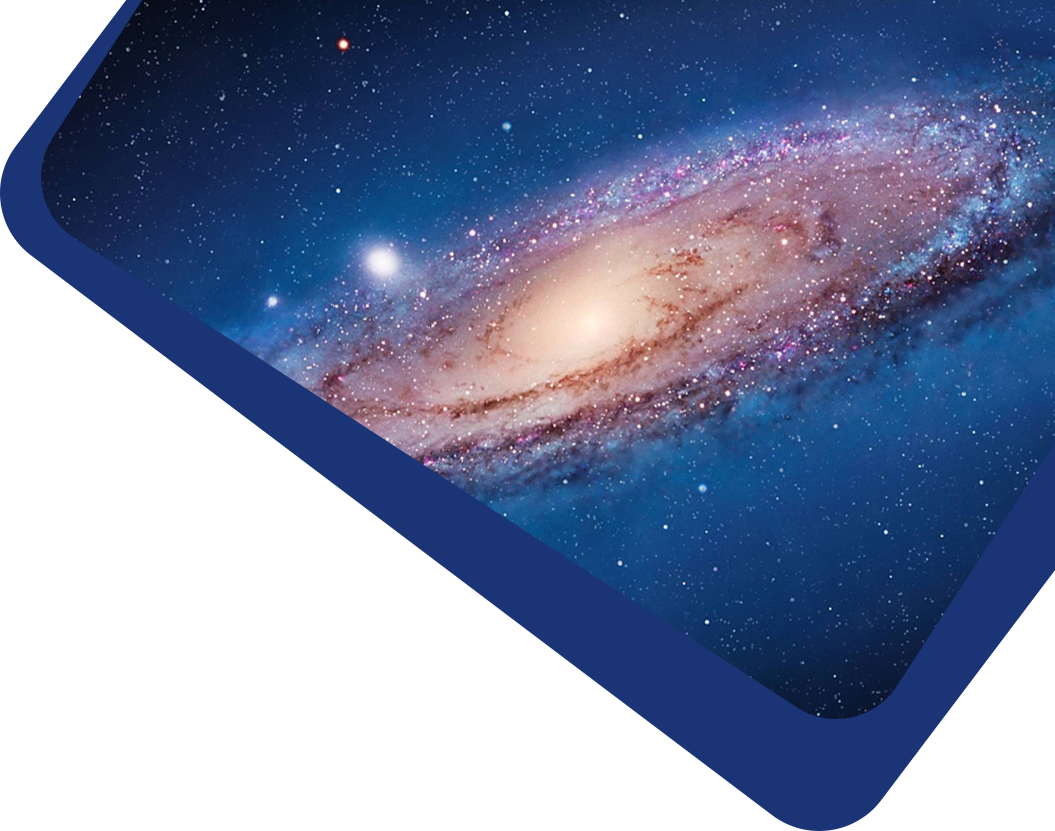

Abstract Currently two-way and three-way spacecraft Doppler tracking techniques are widely used and play important roles in control and navigation of deep space missions. Starting from a one-way Doppler model, we extend the theory to two-way and three-way Doppler models by making them include possible violations of the local Lorentz invariance (LLI) and the local position invariance (LPI) in order to test the Einstein equivalence principle, which is the cornerstone of general relativity and all other metric theories of gravity. After taking the finite speed of light into account, which is the so-called light time solution (LTS), we make these models depend on the time of reception of the signal only for practical convenience. We find that possible violations of LLI and LPI cannot affect two-way Doppler tracking under a linear approximation of LTS, although this approximation is sufficiently good for most cases in the solar system. We also show that, in three-way Doppler tracking, possible violations of LLI and LPI are only associated with two stations, which suggests that it is better to set the stations at places with significant differences in velocities and gravitational potentials to obtain a high level of sensitivity for the tests.
Keywords space vehicles — techniques: radial velocities — gravitation
It accepts original submissions from all over the world and is internationally published and distributed by IOP